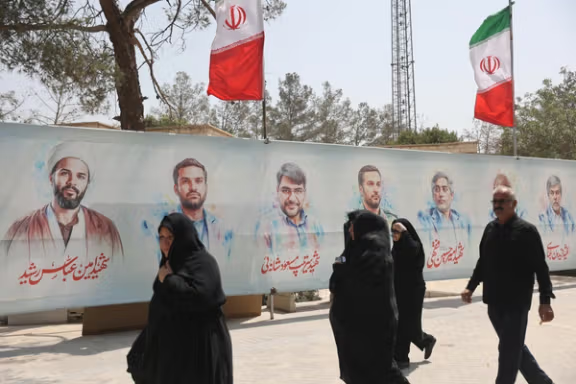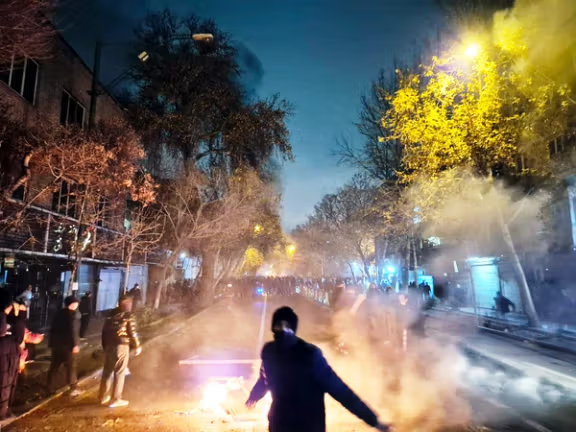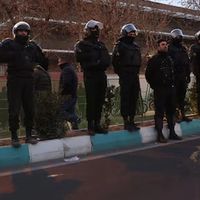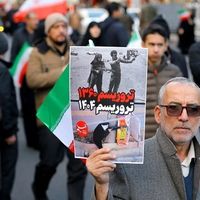"France and its partners are... justified in reapplying global embargoes on arms, banks, and nuclear equipment that were lifted 10 years ago. Without a firm, tangible, and verifiable commitment from Iran, we will do so by the end of August at the latest," Barrot told reporters ahead of a meeting with EU Foreign Ministers in Brussels.
The snapback mechanism is part of UN Security Council Resolution 2231, which endorsed the 2015 Joint Comprehensive Plan of Action, or JCPOA. It allows any participant in the nuclear agreement to reimpose sanctions if Iran is deemed non-compliant. If no resolution to maintain sanctions relief is passed within 30 days, all previous UN measures return automatically.
Barrot said earlier in June that France and its European partners can reinstate a global embargo on weapons, nuclear equipment, and key financial sectors in Iran through a simple letter.
France announces EU sanctions on Iranians tied to killings, demands hostage release
As part of a broader EU action, the European Council has sanctioned nine Iranian individuals and entities accused of carrying out assassinations and transnational repression on European soil. Barrot announced the measures on Tuesday, saying the listed individuals were responsible for “violating the interests of France and Europe.”
“We are freezing the assets and banning the entry into Europe of nine Iranian individuals and entities responsible for assassinations on European territory,” Barrot said. “This is the result of efforts I personally led, and I welcome their outcome.”
Barrot also called for the “immediate and unconditional release” of French nationals held in Iran and demanded Iran resume cooperation with UN nuclear inspectors. He said Tehran’s “destabilizing activities” would not go unanswered.
Iran warns of ‘appropriate response’ if Europe triggers sanctions
Iran will respond proportionately if the European parties re-activate the snapback mechanism, Foreign Ministry spokesman Esmail Baghaei said on Monday.
He dismissed the legal basis of the measure and accused the European parties of violating their own JCPOA obligations. “They have no standing to invoke the mechanism,” he said at a weekly briefing. “The so-called snapback has no legal, political, or ethical justification.”
Baghaei reiterated that Iran still considers itself a JCPOA signatory, despite scaling back commitments after the US withdrawal in 2018 and what he called Europe’s failure to uphold its end of the deal.
Iran accuses Germany and IAEA of double standards
Baghaei also criticized Germany for hosting US nuclear weapons and backing Israeli military operations, calling its position a violation of the Non-Proliferation Treaty (NPT). He accused Berlin of “supporting violations of international law” while taking a hard line on Iran’s nuclear activity.
He further accused the International Atomic Energy Agency (IAEA) of “instrumental and selective behavior,” alleging that information provided by the agency had been used in recent military strikes against Iran’s nuclear sites. He condemned the IAEA’s silence over those attacks, including the US bombing of the Fordow facility, whose damage he said is still being assessed.
No new nuclear talks planned, Iran says
Baghaei said no date or venue has been set for nuclear talks, though consultations with China and Russia are ongoing. He called recent reports of new intermediaries “speculative” and stressed that Iran makes independent decisions on its nuclear policy.
He also said Iran remains open to diplomacy but will not re-enter talks until there is “confidence in the effectiveness of diplomacy.” He cited a coordinated Israeli-US military strike just before the sixth round of negotiations as a key turning point.
















